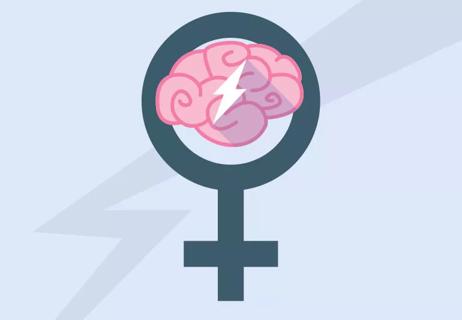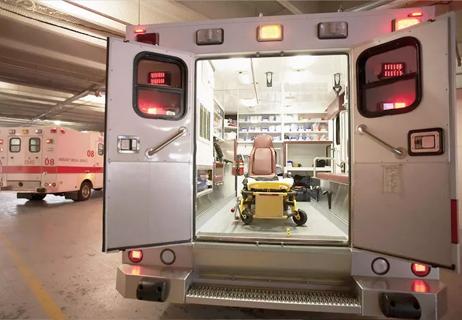Study reveals surprising results about change in daily lives

Life after suffering a stroke typically involves some degree of physical disability. But a new study shows that the physical effects of a stroke are only one of several profound changes — differences that may not be apparent to others.
Advertisement
Cleveland Clinic is a non-profit academic medical center. Advertising on our site helps support our mission. We do not endorse non-Cleveland Clinic products or services. Policy
The research uncovered three main areas where stroke survivors experienced the most change in their daily lives: physical function, cognitive ability and satisfaction with their roles in society.
The study looks at what problems affect people most after a stroke and it provides a broader picture than what some may usually expect to see, says Cleveland Clinic neurologist Irene Katzan, MD, one of the study’s authors.
“After a stroke, people who have mild disability can often have ‘hidden’ problems that can really affect their quality of life,” Dr. Katzan says.
“For people with more disability, what bothers them the most? Problems with sleep? Depression? Fatigue? Not many studies have asked people how they feel about these problems, and we doctors have often focused just on physical disability or whether they have another stroke,” she says.
The study looked at 1,195 people who had suffered an ischemic stroke, which is the type of stroke where blood flow to part of the brain is blocked. Participants answered questions about aspects of their physical function and quality of life.
Previous studies have looked at mental well-being following a stroke, Dr. Katzan says. But this study compared how much people felt impacted across multiple aspects of well-being. Stroke survivors were most impacted by thinking and social challenges and difficulties with physical functioning.
Advertisement
In this study, participants found these challenges to be almost equal.
While 63 percent reported greater physical challenges following a stroke compared to the general population, 46 percent reported having increased difficulty with thinking. Likewise, 58 percent reported greater dissatisfaction with their ability to participate in social and work-related activities.
More needs to be done to focus on the thinking and social problems that people face after a stroke because they can greatly impact a person’s overall quality of life, Dr. Katzan says.
The study provides an opportunity for caregivers and family members to understand what these stroke survivors are going through, she says.
“A decline in physical function is the hallmark of a stroke, but fewer people realize that stroke patients also have difficulties with thinking, and that stroke patients really can feel disconnected from society and from their previous roles in society, which can be very dissatisfying for them,” she says.
It can be useful for stroke survivors to talk to their family or their doctor about these problems, Dr. Katzan says.
While no specific treatments can improve a stroke patient’s ability to think, caregivers can use strategies that can help, such as creating lists and dividing up responsibilities, she says.
Complete results of the study can be found in the journal Neurology.
Advertisement
Learn more about our editorial process.
Advertisement

Seek immediate medical attention for sudden loss of balance, vision changes, slurring, facial droopiness and limb weakness

Strokes in the left side of the brain are more common and the effects are typically more noticeable

Your age, the type of stroke you had, the cause and the location can all impact your recovery

It can be overwhelming, but habit changes help lower your risk of another stroke

Hormonal changes and pregnancy are some factors unique to women

The short answer from a cerebrovascular expert

What you eat may protect you from a ‘brain attack’

Know the warning signs + decrease your risk

If you’re feeling short of breath, sleep can be tough — propping yourself up or sleeping on your side may help

If you fear the unknown or find yourself needing reassurance often, you may identify with this attachment style

If you’re looking to boost your gut health, it’s better to get fiber from whole foods